The Most Misunderstood Myers-Briggs® Personality Types, Ranked
Have you ever felt misunderstood when trying to make new friends or meet new people? You’re not alone. Many of us are struggling to find genuine friendships, and certain personality types struggle more than others!
I always wondered which types felt the most misunderstood or struggled the most with trying to get to know new people. I had my ideas and theories, especially after many years of working as an MBTI® practitioner. But I wanted to put my ideas to the test, so I conducted a survey of over 85,000 individuals from diverse backgrounds, including my email list, social media followers, clients, and friends. The results were eye-opening and shed light on the struggles various personality types face when trying to connect with others.

I received 4,862 responses to my friendship survey. The majority (79.76%) were female, 18.62% were male, 0.94% chose not to answer, and 0.67% identified as non-binary. The age distribution of respondents was as follows:
- 24.29% were between 45-54 years old.
- 19.97% were between 55-64 years old.
- 17.81% were between 35-44 years old.
- 17.68% were 65+ years old.
- 7.02% were between 18-24 years old.
- 6.34% were between 25-34 years old.
- 6.07% were between 0-17 years old.
Not sure what your personality type is? Take our new personality questionnaire here. Or you can take the official MBTI® here.
Table of contents
- Introversion and Intuition: The Double Whammy
- The Myers-Briggs ® Personality Types, from Least to Most Misunderstood
- 1. ESFP (1.50% Feel Misunderstood)
- 2. ESTP (14.29% Feel Misunderstood)
- 3. ENTP (16.67% Feel Misunderstood)
- 4. ESFJ (29.41% Feel Misunderstood)
- 5. ENFJ (34.62% Feel Misunderstood)
- 6. ESTJ (36.36% Feel Misunderstood)
- 7. ENFP (39.71% Feel Misunderstood)
- 8. ENTJ (45% Feel Misunderstood)
- 9. ISFJ (48.72% Feel Misunderstood)
- 10. ISTJ (61.76% Feel Misunderstood)
- 11. ISFP (62.50% Feel Misunderstood)
- 12. INTP (62.89% Feel Misunderstood)
- 13. ISTP (66.67% Feel Misunderstood)
- 14. INFP (71.59% Feel Misunderstood)
- 15. INTJ (74.34% Feel Misunderstood)
- 16. INFJ (76.13% Feel Misunderstood)
- What Are Your Thoughts?
Estimated reading time: 15 minutes
Introversion and Intuition: The Double Whammy
The survey revealed a strong correlation between introversion and feelings of being misunderstood. A whopping 65.57% of introverts reported frequently feeling misunderstood, compared to just 27.19% of extroverts. Additionally, individuals with an Intuitive preference also felt more misunderstood (52.61%) compared to those with a Sensing preference (40.15%).
Why Introverts and Intuitives Feel Misunderstood
There are a variety of reasons why introverts and individuals with an Intuitive preference might feel more misunderstood in social interactions. Introverts, by nature, tend to be more reserved and less likely to initiate conversations. They need more time to process before they speak, which can make it challenging to connect with others in casual settings. Their preference for depth over breadth means that introverts might struggle to find like-minded individuals or might check out of social engagements due to wearing out their social battery faster than their extroverted counterparts.
For Intuitives, the challenge lies in their tendency to focus on abstract concepts and future possibilities. They often enjoy discussing theories, ideas, and intangible concepts, which can sometimes come across as impractical or overly complex to those with a Sensing preference, who are more grounded in the here and now. This difference in communication styles can lead to misunderstandings and a sense of disconnect.
Both introverts and Intuitives might also feel misunderstood because their preferences are less common. The majority of the population tends to lean towards extroversion and Sensing, making it harder for introverts and Intuitives to find people who “get” them. This rarity can further exacerbate feelings of alienation and difficulty in forming new friendships.
The Myers-Briggs® Personality Types, from Least to Most Misunderstood
1. ESFP (1.50% Feel Misunderstood)
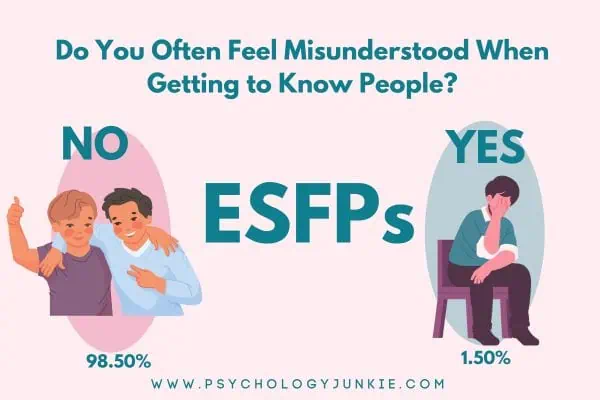
ESFPs are the least likely to feel misunderstood, with only 1.50% answering “Yes” to the question, “Do you frequently feel misunderstood when trying to get to know people?” They tend to take life by the horns, adapting to new situations, thriving on the rush of meeting new people from a variety of walks of life. “I know I’m not everyone’s cup of tea,” said one ESFP in the survey, “but I don’t let it get to me.
Find out more about ESFPs: 24 Signs That You’re an ESFP, the Champion Personality Type
2. ESTP (14.29% Feel Misunderstood)
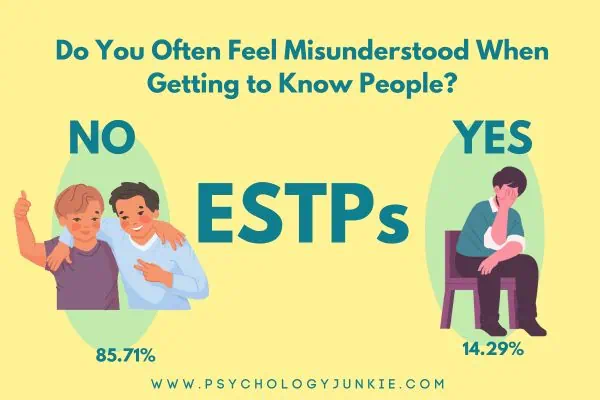
“I just don’t really care if a person doesn’t like me or misunderstands me. That’s their loss. So it probably just doesn’t stick with me if they do.” – ESTP from survey
ESTPs, like ESFPs, are sociable and often have a charming way about them. Getting to know people, engaging in casual conversation, cracking jokes, and making people feel comfortable tend to come easily to them. That said, sometimes they can struggle to reach depth in their conversations or their bluntness can turn people off.
“I have a dark sense of humor and sometimes it seems to confuse some people.”
3. ENTP (16.67% Feel Misunderstood)

“I feel like I’m just weird! Perhaps because I am a female ENTP and don’t think, feel or act like a stereotypical female. People also often assume I don’t want closer relationships, but I do.”
ENTPs are quick-witted and enjoy intellectual debates, which can sometimes be misinterpreted but generally, they connect well with others. Very few said they feel frequently misunderstood. Those that did said that it was primarily with Sensing types who they felt lacked interest in their ideas, theories, or intellectual musings.
4. ESFJ (29.41% Feel Misunderstood)
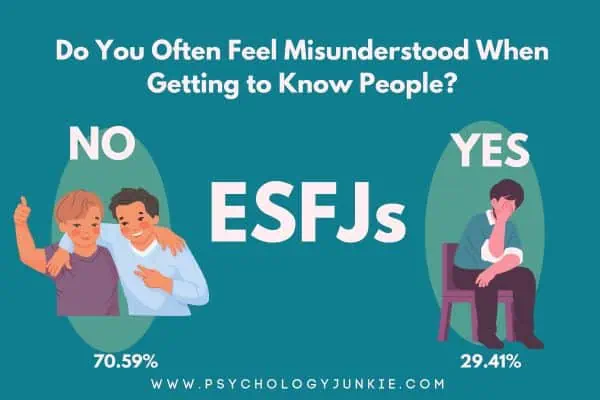
“Some people see my openness as pushy or forceful.”
ESFJs are warm, social, and eager to please, which often helps them connect with people and make a good impression. Thanks to their highly-developed Extraverted Feeling, they can easily gauge the emotional dynamics around them and the nuanced desires of others. Making a good impression, sparking friendly chit-chat, and making others feel welcomed and appreciated is a talent they have in abundance.
5. ENFJ (34.62% Feel Misunderstood)
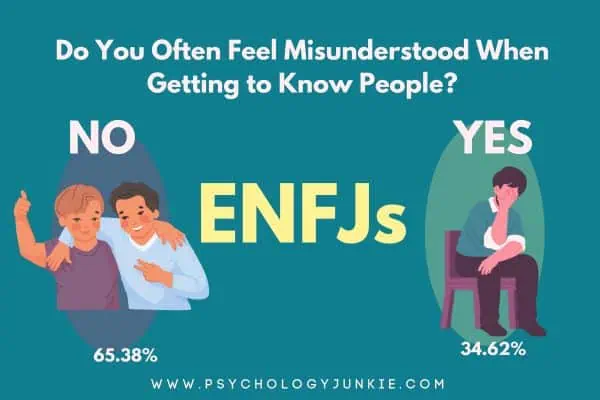
“Some people think I’m flirting or too forward when I’m just being friendly.”
ENFJs are natural leaders and communicators, but their depth of processing can sometimes lead to misunderstandings. As Intuitives, they enjoy depth of conversation more than breadth of conversation. They want intimate, authentic friendships where deeper concepts can be explored and new insights can be discovered. That said, thanks to Extraverted Feeling, ENFJs have an easy time gauging how people feel and making a good impression socially most of the time.
6. ESTJ (36.36% Feel Misunderstood)

“They think I’m being rude, and any time I hear it or hear that I rubbed them the wrong way, it always catches me off guard and feels awkward. I can’t figure out why. Maybe it’s my tone? People say I’m blunt a lot, but I legitimately struggle with being roundabout with things or cushioning them. It feels like I’m short-circuiting when I try.”
Straightforward and gregarious, ESTJs often find that their direct communication style can be misinterpreted as harsh or insensitive. They value efficiency and clarity, which sometimes comes across as overly blunt to others who may prefer a more nuanced approach. While they might feel misunderstood due to their no-nonsense attitude, they still tend to feel more often understood than not, with 63.64% saying they don’t often feel misunderstood when getting to know people.
Get to know more about the ESTJ: 10 Things You Crave Every Day as an ESTJ Personality Type
7. ENFP (39.71% Feel Misunderstood)
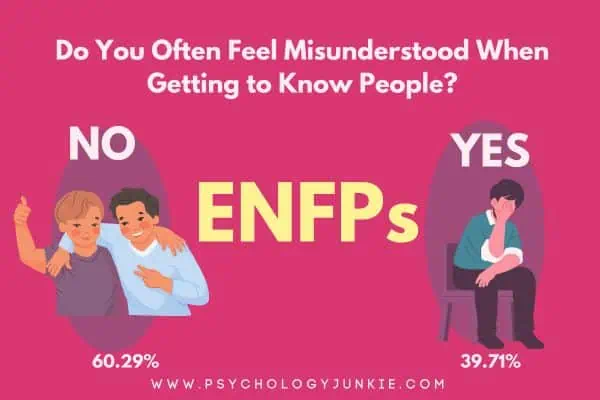
“I feel like people mistake me as always happy and carefree and maybe even a bit flimsy, but I’m much more than that – I just don’t want to open up to them.” – ENFP from survey
ENFPs are known for their energetic and enthusiastic nature, yet this can sometimes lead to misinterpretation. Some people think they’re flirting when they’re not, or they assume they’re “always happy” or even “flaky.” They are deeply intuitive and abstract thinkers, often entertaining controversial or thought-provoking ideas that can puzzle other types.
“I’m quite intuitive and abstract and don’t fit the mold. I’m whimsical. People don’t understand my energy.”
“They misunderstand my motivations and don’t think I’m genuine.”
8. ENTJ (45% Feel Misunderstood)
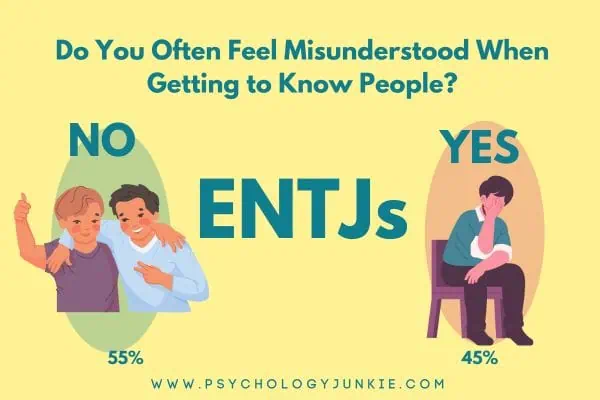
“I am both friendly and direct. Most people can’t reconcile the two aspects.”
ENTJs are the quintessential leaders, known for their confidence and vision. They often find themselves in positions of authority and thrive on setting and achieving ambitious goals. However, their straightforward and blunt communication style can sometimes be perceived as intimidating or overwhelming, leading others to misread their intent. While 45% of ENTJs report feeling frequently misunderstood, this often stems from their bluntness and assertiveness, which can be misinterpreted by those who prefer a more gentle or indirect approach.
“I’m too direct for some folks.”
“I am an ENTJ. It comes with the territory.”
Discover more about ENTJs: How ENTJs Say “I Love You”
9. ISFJ (48.72% Feel Misunderstood)
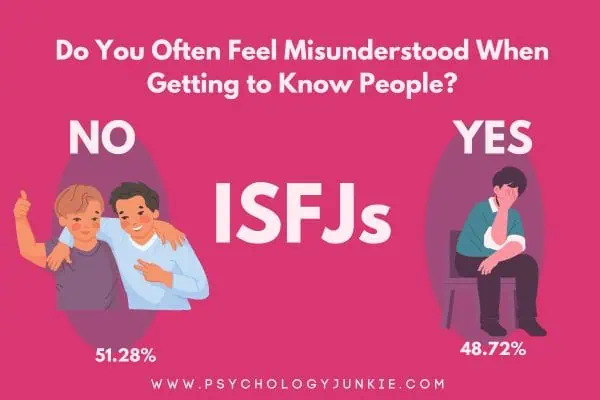
“They are meeting my anxiety the first time they meet me and not my true personality.”
ISFJs tend to be warm and caring people, but they also wear out socially faster than their extroverted counterparts. They crave strong, familiar, dependable relationships and can take a while to feel comfortable with new people. I have a hard time being listened to, so people don’t really know me” said one ISFJ in the survey. Many ISFJs feel misunderstood because their quiet and reserved nature can be misinterpreted as aloofness or disinterest. “I’m not a snob but quiet, and people misunderstand that.” Though 48.72% of ISFJs report feeling frequently misunderstood, their steady and dependable nature often means they are appreciated once truly known.
Find out more about ISFJs: Diving Deep Into the ISFJ Personality Type
10. ISTJ (61.76% Feel Misunderstood)

“I often come off as self-confident but aloof or reserved; in reality, I’m quite shy.”
ISTJs are dedicated, thorough, and loyal by nature. However, their reserved demeanor can sometimes be misconstrued as aloofness or arrogance. Many ISTJs mentioned that their quietness is often mistaken for arrogance, with one stating, “People often see me as standoffish and antisocial, when in reality I’m just more comfortable watching and listening instead of talking.” This can lead to misunderstandings, particularly for those who rely heavily on social cues and emotional expressions. Despite being misunderstood, their reliability and commitment often become apparent with time, along with their often quirky and hilarious sense of humor.
Curious about ISTJs? Read: The Childhood Struggles of ISTJs
11. ISFP (62.50% Feel Misunderstood)
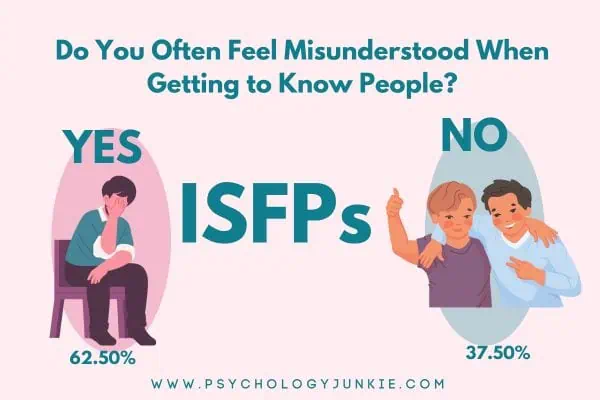
“I’m told I come across as aloof, brainy, and distant. Being bad at small talk doesn’t help. But I’m actually very warm and caring.”
ISFPs often appear aloof, quiet, and reserved, which many people misunderstand as being arrogant, snobby, or disinterested. Yet ISFPs are amazing listeners and are often quite gentle and thoughtful people. Dario Nardi, a former UCLA professor and neuroscience expert, said in his book Neuroscience of Personality that ISFPs listen with their whole brain and are often “the consummate listeners.” One ISFP shared, “My communication style is often misconstrued as frank or passive-aggressive when I don’t hypermanage the tone of my voice.” Another said, “I am funny :)) But it’s hard to goof off with someone I don’t know well. I think a lot of people think I am ALWAYS reserved.” They are in fact keenly observant and enjoy genuine, deep connections, often showcasing a quiet, cheerfully dark sense of humor and a penchant for the ridiculous. These traits highlight the complexity and warmth beneath their reserved exterior.
You can find out more about ISFPs: Why ISFPs Struggle with Loneliness, and How to Cope
12. INTP (62.89% Feel Misunderstood)
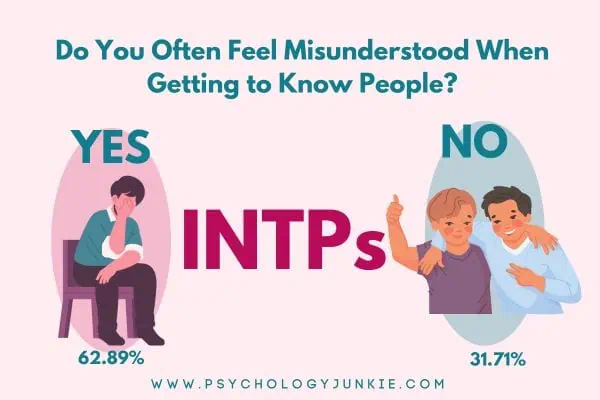
“It’s difficult for me to express myself or get people to understand what I say.”
INTPs are known for their rationality, skepticism, and analytical prowess, often excelling in fields that require deep thinking and problem-solving. However, their natural inclination towards skepticism and their quiet nature can be misconstrued as insensitivity, coldness, or a lack of interest. “If I’m quiet, it means I’m thinking, not ignoring you,” explained one INTP. Despite their strong desire for friendships and meaningful connections, the effort required to gauge others’ emotions and engage in small talk can feel overwhelming. One INTP articulated this struggle: “I’m not sure I understand myself. How could others?” This internal complexity often leads to a feeling of being misunderstood.
Find out more about INTPs: Exploring 15 Iconic INTP Characters
13. ISTP (66.67% Feel Misunderstood)
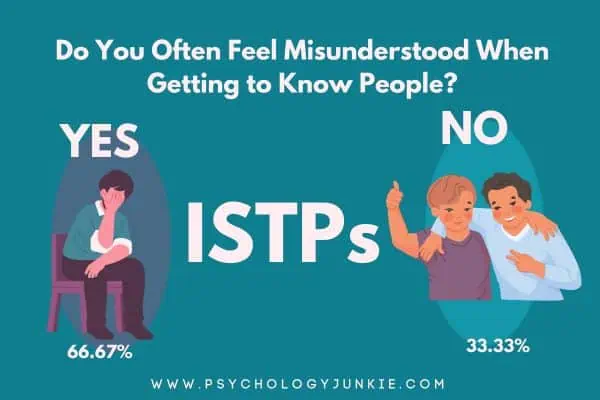
“I like to observe when I first meet someone, which doesn’t mean I’m uninterested.”
ISTPs are quiet, analytical, and concise, not wasting words on meaningless chatter. This pragmatic approach can be mistaken for insensitivity, disinterest, or even arrogance. One ISTP noted, “My stoic demeanor gets mistaken for conventionality.” Another ISTP said, “I just have to see what people are about first before sharing things about myself.” Even considering these misconceptions, ISTPs have a sense of adventure, curiosity, and fun that can draw people in.
Discover more about ISTPs: 24 Signs That You’re an ISTP, the Vigilante Personality Type
14. INFP (71.59% Feel Misunderstood)

“I am far more quirky than most people. I try to act ‘normal’ but people know right away that I’m not like them.”
INFPs are known for their offbeat, quirky, and whimsical nature, often embracing unconventional ways of thinking and being. Their rich inner world and imaginative minds can make them appear confusing or unusual to others. “When meeting new people, I have to act ‘normal’. They think I am or that I should be normal. When actually I am pretty weird,” one INFP shared candidly. Their unique perspective and distinct approach to life can sometimes result in feelings of isolation, as others might find it challenging to connect with them on a deeper level. “They think that I am unapproachable,” another INFP reflected. Despite their desire for meaningful connections, many INFPs feel misunderstood because they often need to “put on an act” to be accepted. Their unconventional humor and different way of expressing themselves can lead people to perceive them as difficult to relate to, which only reinforces their sense of being an outsider.
Read More About INFPs: 10 Things You Crave Every Day as an INFP Personality Type
15. INTJ (74.34% Feel Misunderstood)
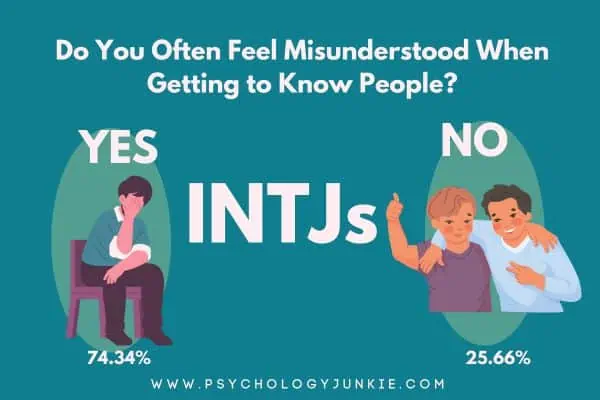
“People often mistake my intensity and intellectual curiosity for arrogance or judgment.”
INTJs are highly analytical, reserved, and fiercely independent, but people often interpret this as them being snobby, arrogant, or disinterested. “I am intense and bore easily with nonsense talking,” one INTJ shared, capturing a sentiment echoed by many others. Because of their authoritative presence and visionary nature, they are often seen as intimidating, bossy, or unapproachable. “After getting to know people, they often tell me they didn’t like me from the first moment they saw me simply because I walk into the room with authority and they assume I’m just bossy and intimidating,” one INTJ noted.
This perception can make it challenging for INTJs to form connections, even though they yearn for relationships that are both intellectually and emotionally fulfilling. “Just because I’m smart and independent doesn’t mean I don’t want relationships,” an INTJ commented on the survey. “I get the impression people feel I’m judging them. I’m not, I’m genuinely curious. I want to know what their processes were in choosing something. I think they’d prefer it if I validated rather than questioned” added another INTJ.
In another recent survey, I discovered that INTJs struggle the most to find people who share their interests. Despite these challenges, their genuine curiosity and desire to understand others highlight the depth and thoughtfulness behind their sometimes misunderstood exterior.
Curious about INTJs? Read: 10 Things You Crave Every Day as an INTJ Personality Type
16. INFJ (76.13% Feel Misunderstood)
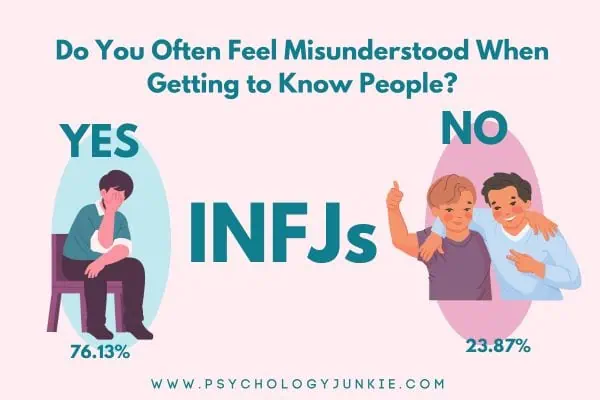
“My point of view is sometimes a bit too philosophical or theoretical for people to connect with.”
Sadly, INFJs were the type who was most likely to feel misunderstood when getting to know people. These “Mystics” are known for their deep thinking, intuition, and empathy. For them, understanding patterns, meanings, and the overall purpose of life is a driving force. Yet their philosophical or thought-provoking perspectives can sometimes be difficult for others to grasp or relate to. “My being quiet does not mean I don’t have thoughts or opinions, or that I am a snob. I need to study my surroundings and the people in it before revealing parts of myself. I am very private,” one INFJ expressed.
This tendency to observe and reflect before opening up can be mistaken for aloofness or disinterest, when in reality, INFJs are deeply interested in the people around them. But they find superficial interactions draining and prefer to seek out authentic, meaningful connections. “I’m not interested in superficiality,” another INFJ explained. Many INFJs feel that their introversion is perceived as a lack of personality, especially because it takes time for them to become socially comfortable. “Who I really am inside. It feels like everything is so surface all the time. It’s frustrating,” noted an INFJ, highlighting the internal struggle that many INFJs face when making new friendships.
Discover more about INFJs: 12 Amazing Fictional INFJs
What Are Your Thoughts?
What is your experience like when you try to make new friends? Is it challenging or easy? What advice would you give to other people who share your personality type? Let us know in the comments!
Discover even more about your personality type in our eBooks, Discovering You: Unlocking the Power of Personality Type, The INFJ – Understanding the Mystic, The INTJ – Understanding the Strategist, and The INFP – Understanding the Dreamer. You can also connect with me via Facebook, Instagram, or Twitter!

Subscribe to Our Newsletter

Want to discover more about personality type? Get the inside scoop with Susan Storm on all things typological, along with special subscriber freebies, and discounts on new eBooks and courses! Join our newsletter today!


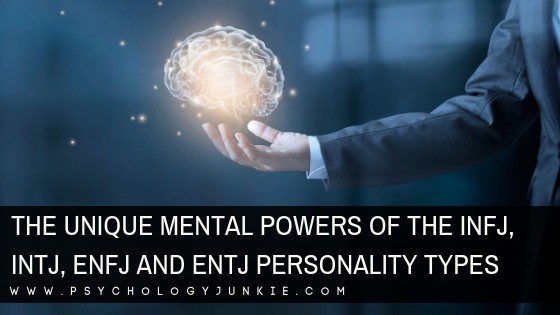
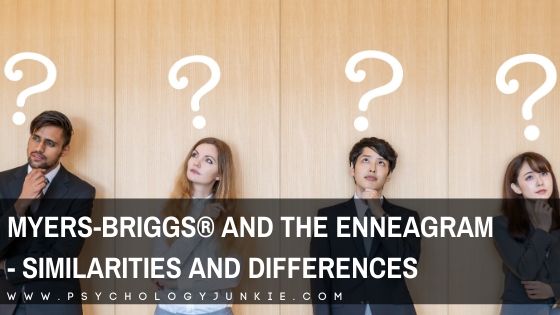
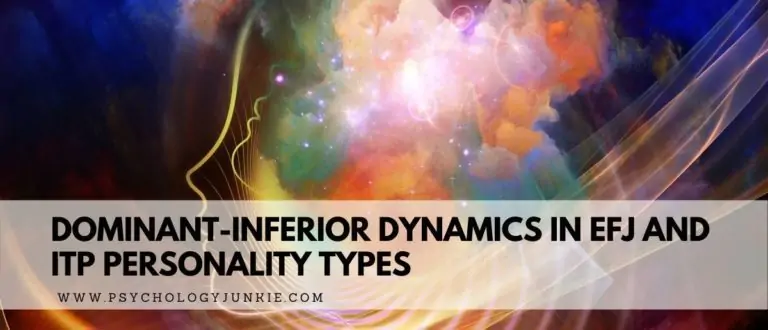
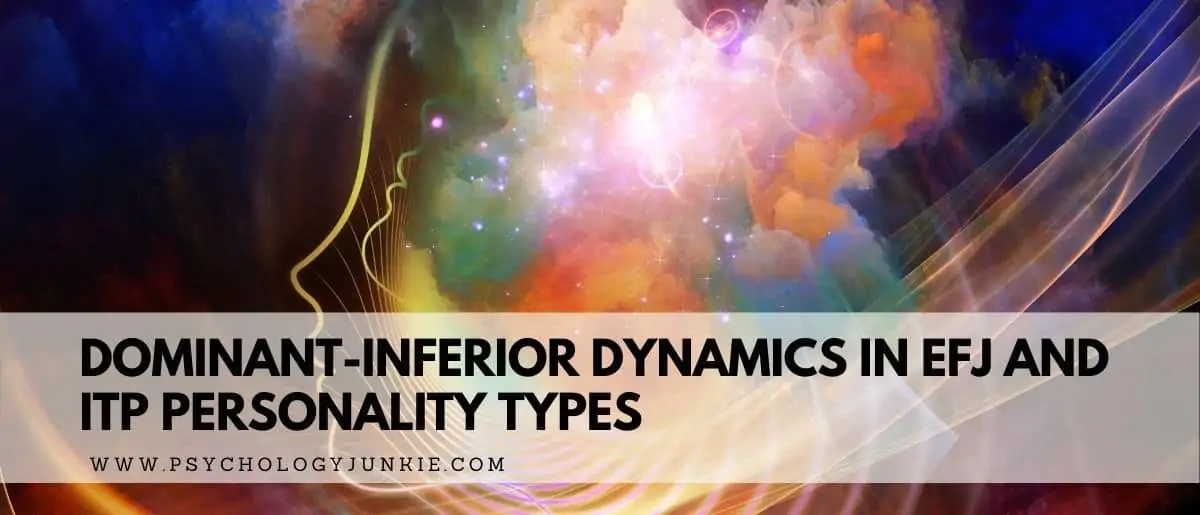
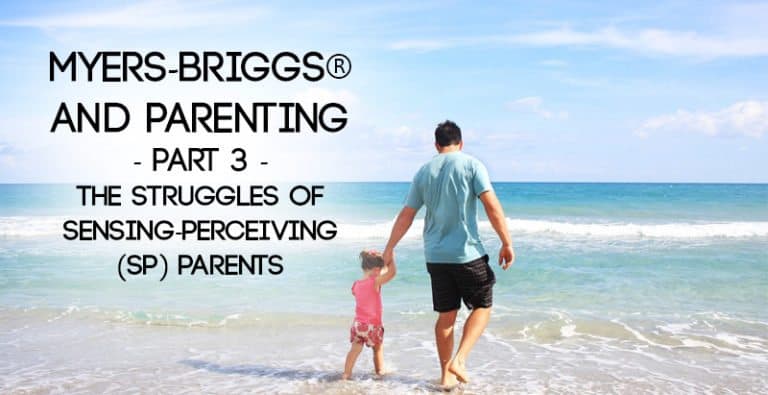
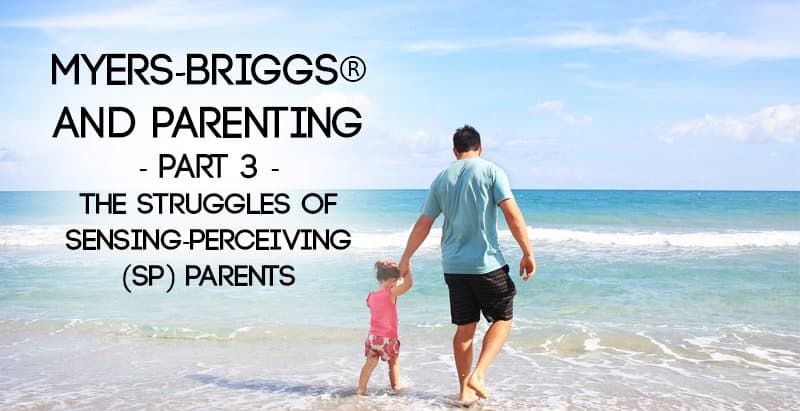
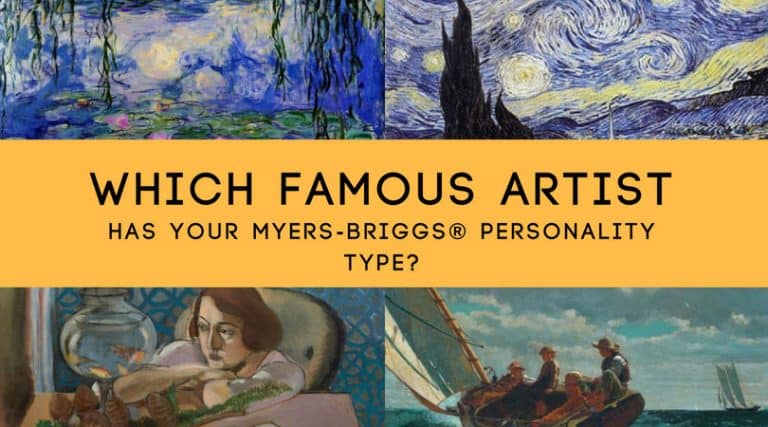
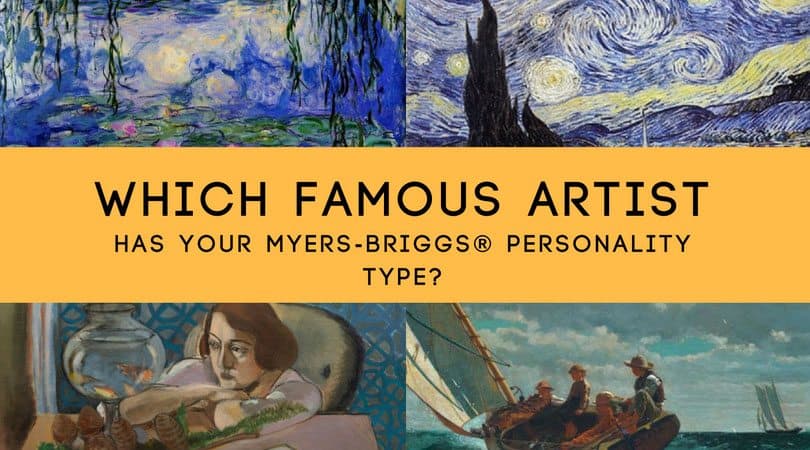


INFJ. Well , that’s another feeling confirmed. Felt that way as long as I can remember. The guarded social energy is also spot on.
My own wife looks at me all confused and says ” You think up the weirdest things”, kind of stings ,when it makes perfect sense to me. ( she’s a ESTJ Lives up to all the quirks that type has)
A. Bray
Stay weird fellow INFJ, for that is what makes you so special and perfect for this crazy world we live in. It’s the weirdo’s that have the best ideas.
I am an ISFJ, but I am also an Enneagram 4. This causes me to be misunderstood. Also, I am afraid to share my thoughts, beliefs, feelings, etc unless I am very comfortable and trusting of others. I want to be understood, but don’t always articulate it well and am very conflict adverse.
As an INFJ, I used to feel misunderstood A LOT and it was very isolating. But, in the past decade or so, I did a lot of work on myself and that feeling completely went away. Even if I’m on my own, I never feel lonely and I prefer my own company rather than having to listen to the shallow conversations of others. Or their judgment about what I do / think / watch / read, etc. I just cannot care to be with a person, even family, if that is what the conversation goes to. Although I deeply care for others and what they are going through, I also don’t care. Mostly it is about their shallowness and for not being real and honest with themselves.
Hi Marlene,
As an INTJ I very much relate to what you are saying. The shallowness of many, if not the majority of people is discouraging to say the least.
I used to work in an academic environment (higher education) but now I am retired. When I was on my campus the intelligence and inquisitivness of the majority of students greatly inspired me. Now, back in the real world, I am in the midst of of bunch of dolts who seem little more intelligent than cattle feeding at a trough. Sorry to be so blunt and truthful.
I wasn’t surprised to see INFJ as the most misunderstood as one myself. I think the explanation tracks. I travel a fair amount for work and strangers tend to talk to me a lot. While some friends find this odd, I find some of these conversations to be the most stimulating and interesting I have because you can get into very deep and strange discussions when there’s no risk of seeing these people again. And so it does allow them and me to be candid in a way I wouldn’t be with someone who I work with, for example (who also think I’m a bit snobbish, because I perhaps seem reserved, except for the other two INFJs on staff who I do connect well with). It also gives me an opportunity to learn about someone else’s life, experiences, challenges, and perspectives, which I really enjoy.
I often feel like I live on a different planet from everyone else, especially when I notice certain patterns and try to share my observations. Then, I get the “Huh?” looks that seem to suggest I’m going off the deep end!
The INTJs surveyed here lied when reporting, because they’re tired of being regarded as the most misunderstood. 😒
INFPs are much more difficult to understand than any INFJ…
I dated both.
I think ISFJs who come from heavy Te backgrounds with certain types of ADHD or Autism are misunderstood a lot. They get too overstimulated for their Si to work properly, so they can become too analytical and confusing for others as they dive into their underdeveloped Ti. They can come off more Te, too, because it’s what they’re used to, but they’re very sensitive to the hurt their words and actions cause people. They just want to get along with everyone. This can make them easy targets for bullying, or for the types of people they want to get along with most to hate them. I only share this, because I know two others along with myself with this experience.
INFJ is last???? I’m frankly shocked and hope you do another survey! ALL the extroverts felt misunderstood?? Please. The definition of INFJ is basically feeling misunderstood. I don’t know how this result happened. The list looks like it should be tipped upside-down. I’ve never seen anything like this before.
I think you didn’t look too closely at this maybe and just skimmed? Because the survey shows that INFJs are the type that feels the most misunderstood. It was organized from least to most, with ESFPs feeling the least misunderstood (1.50%) and INFJs feeling the most misunderstood (76.13%)
I am an INTJ who got misdiagnosed with autism at age 5 simply because my ESFJ dad didn’t like that 5-year-old me was way too quiet and introverted and “lacked situational awareness”. Since then for my whole life I got brainwashed into believing I have a disorder until I learned about MBTI last year. If only my dad didn’t rush into conclusions back then I would not have to endure years of bullying and stigmatization all for a wrong diagnosis. I also faced unfair judgment for engaging in self-talk often when doing that is part of how I use my dominant Ni for imagining how something will play out or rehearsing what I wanna say to someone. Because we need more solitary time by ourselves to reflect I tend to spend nearly an hour showering so that I can process my thoughts in the bathroom which my family takes as me wasting their time and water. I’m so glad I learned about MBTI last year, because it was the truth that set me free! Ever since I found out about my personality type, everything I was told about my “disorder” got destroyed; turns out it was just my normal personality traits and not disorder symptoms.
As for the part on INFJs, I don’t think they are more misunderstood than us INTJs since they at least have the social skills to connect with other people thanks to their auxillary Fe, whereas we INTJs will be more socially awkward which makes us more misunderstood than them. Te users like us are more at a disadvantage in most societies since many cultures value feelers (especially FJ types). My country has the most feeling types out of any country, so in my country introverts and thinking types are considered “not normal”.